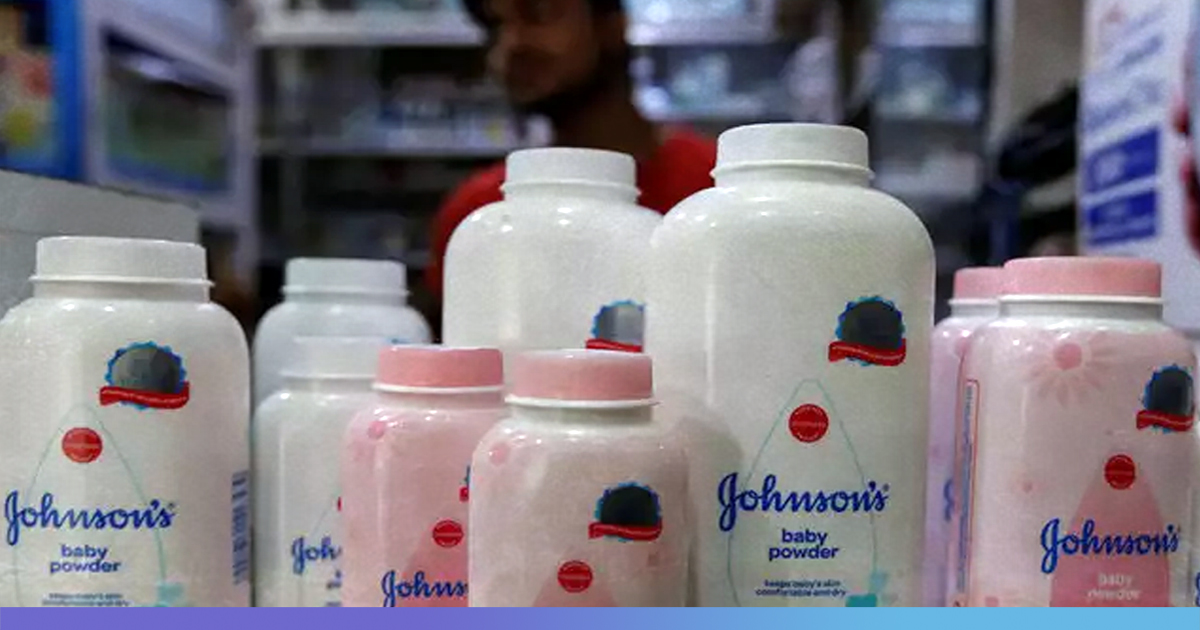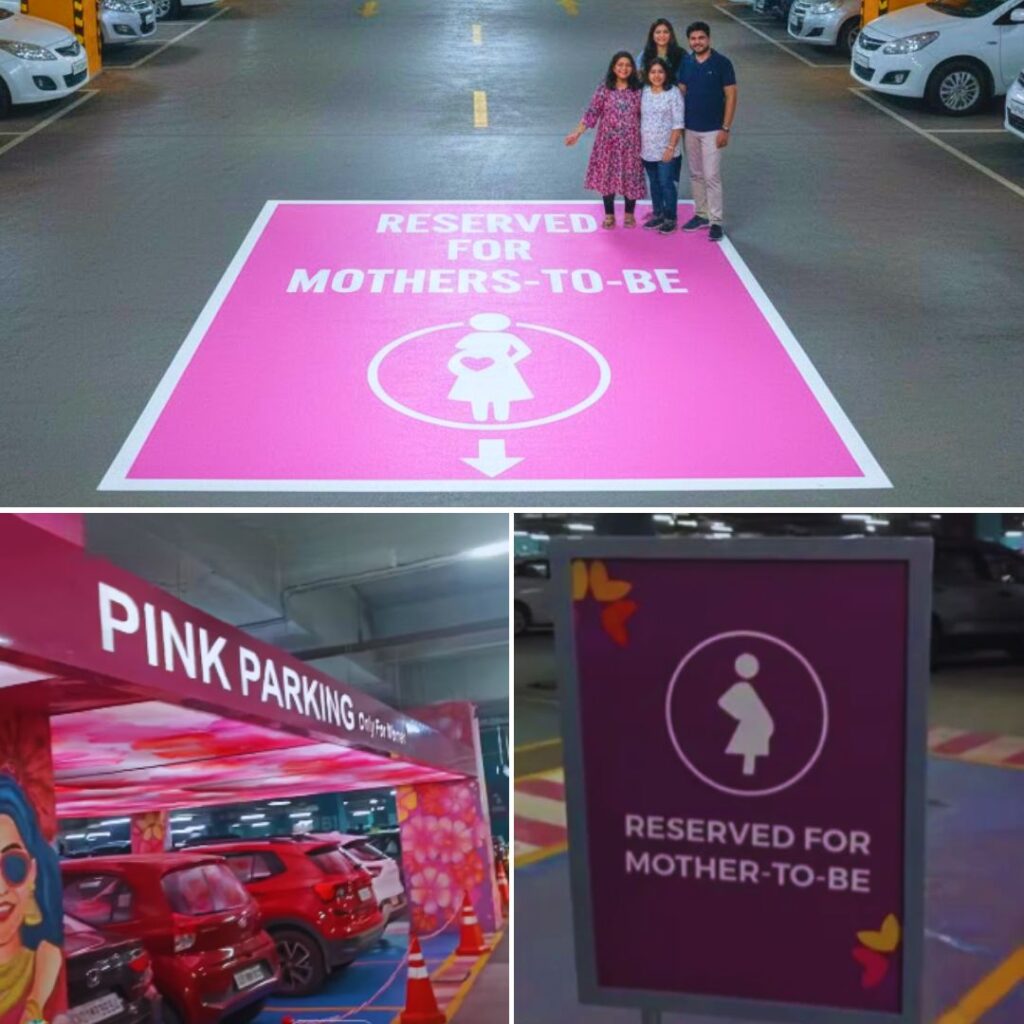The National Anti-profiteering Authority (NAA) has found that the local unit of Johnson & Johnson has made a profit of ₹230.4 crores by not passing the benefit of goods and services tax cut on some products.
The company has been directed to deposit the amount in a consumer welfare fund with interest. The order, signed by the NAA chairman B.N. Sharma has given a three-month deadline to the US-based company to deposit the amount along with 18 per cent interest in the national consumer welfare fund.
If the company fails to make the required payment, the amount could be recovered by central and state GST officials, the order read. The probe on US-based Johnson & Johnson was conducted between November 2017 and December 2018.
According to the authority, “J&J denied the benefit of tax reduction to customers in contravention of Section 17(1) of CGST Act, 2017 and has thus profiteered as per the explanation attached to Section 171 of the Act.”
As per the anti-profiteering provision in the CGST (Central Goods and Service Tax) Act, the benefits of tax rate cuts should be passed on to consumers by way of the corresponding reduction in prices. However, there is no restriction on companies to increase prices of items that are not covered under the Essential Commodities Act.
Companies enjoy the liberty to increase prices depending on market changes after complying with the CGST Act requirement of immediately passing on the benefit to consumers following a cut in goods and services tax (GST).
The law also does not specify any fixed time period to maintain the reduced price. The director-general of anti-profiteering (DGAP), the investigating wing of the NAA, informed in its report that J&J raised the base price of certain products when the tax rate was cut.
“The DGAP concluded that the amount of net higher sales realization due to increase in the base prices of the impacted products despite the reduction of GST rate from 28% to 18% or in other words, the profiteered amount, came to ₹230.4 crore,” the NAA order said.
By raising the base price of products, the benefit of the tax rate cut was not passed on to consumers, the agency claimed.
In November 2017, the GST Council announced one of its biggest rounds of tax rate cuts so far when it moved 178 items from the 28 per cent slab to 18 per cent slab. The items covered included consumer products such as shampoos, cosmetics, hair oil, goggles, shaving preparations and equipment like bulldozers and excavators.
Later, the DGAP looked into several complaints of profiteering by consumer goods manufacturers and their dealers. Consumer goods makers deal with a long supply chain, which makes it difficult for them to implement sudden price changes immediately after a tax cut.
The NAA aims at ensuring benefit to consumers from the revenue that the government sacrifices. Johnson & Johnson (J&J) did not respond to The Logical Indian’s query on the NAA order. The article shall be updated as and when their response is received.
Also Read: GST Compensation To States Likely To See Shortfall Of Rs 63,000 Crore In 2019-20










